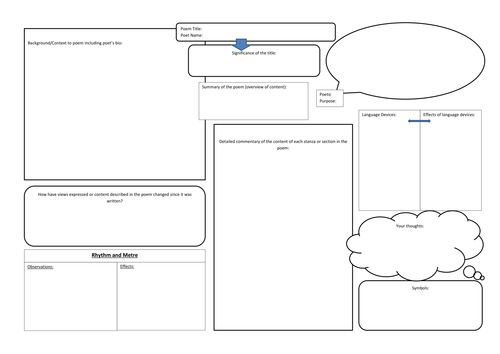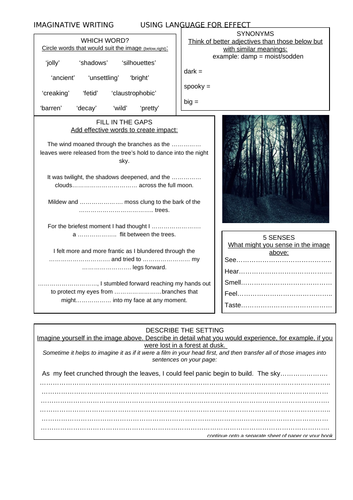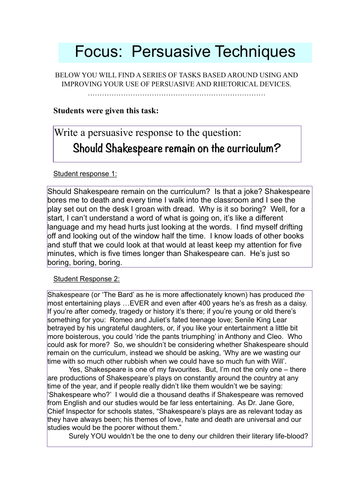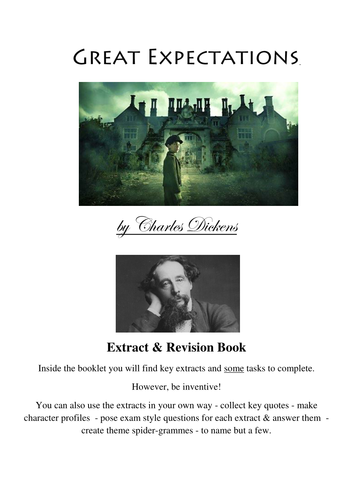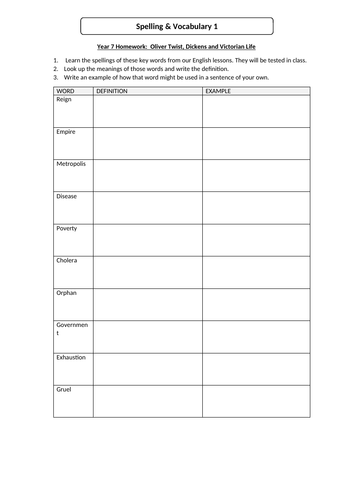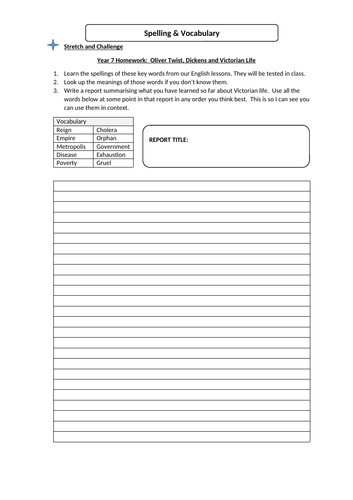Kelly Daniel
English teacher of KS3, GCSE, A Level English Literature, A Level English Language and Film AS. I also teach a bit of drama. I have been teaching for 16 years. I love creating resources which work and sharing them with colleagues so we can all spend more time with our families and less time in front of a screen. I like constructive criticism and feedback to improve.

